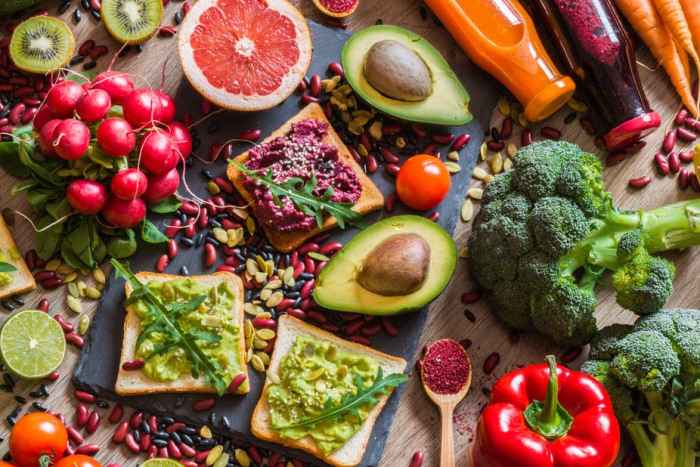Moving away from diets rich in animal products could have "unintended consequences" for the consumption of choline, according to an article in respected medical journal BMJ, entitled: "Could we be overlooking a potential choline crisis in the United Kingdom?"
The essential dietary nutrient is critical for brain health, particularly during foetal development, and also influences liver function.
But the amount produced by the liver is not enough to meet the requirements of the human body and therefore it must be obtained from dietary and supplement sources.
The primary sources of dietary choline are found in beef, eggs, dairy products, fish and chicken.
Smaller amounts can be found in nuts, beans and cruciferous vegetables, such as broccoli.
Dr Emma Derbyshire, of Nutritional Insight, a consultancy specialising in nutrition and biomedical science, said the Government had failed to recommend or monitor levels of the nutrient.
Writing in the online journal BMJ Nutrition, Prevention & Health, she said: "Given the important physiological roles of choline and authorisation of certain health claims, it is questionable why choline has been overlooked for so long in the UK. Choline is presently excluded from UK food composition databases, major dietary surveys, and dietary guidelines."
Dr Derbyshire said more needs to be done to educate healthcare professionals and consumers about the importance of a choline-rich diet.
Supplementation strategies should be considered, particularly during pregnancy, when choline intakes are critical to infant development.
She added: "The mounting evidence of choline's importance makes it essential that it does not continue to be overlooked in the UK. This is now more important than ever given that accelerated food trends towards plant-based diets/ veganism could have further ramifications on choline intake/status."
The Independent
More about: Vegandiets
















































